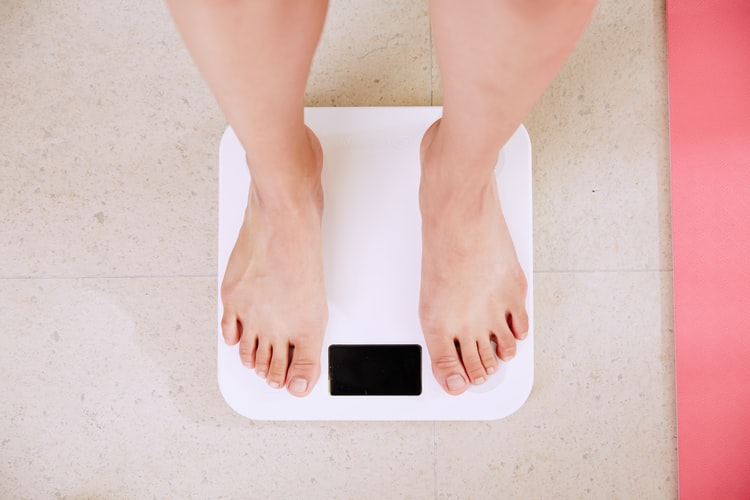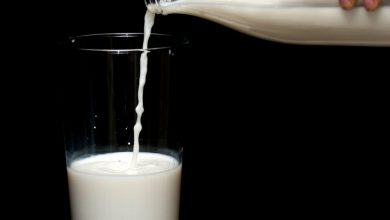
High Protein Diets for a Healthy Weight Loss
Protein diets are necessary for all-round healthy living. Regular meals without adequate protein content can result in mild to severe malnutrition, stunted growth in kids, cramping, reduced body mass, and, in extreme cases, illnesses such as kwashiorkor.
Proteins are one of the major food groups required by our bodies every day and serve to maintain body components such as the muscles, skin, hair, and bones. A protein diet also helps the body to replenish nutrients healthily. The moment you start gaining weight at above normal rates might be a good time to incorporate more protein foods into your meals. A high protein diet changes weight-regulating hormones and decreases your appetite. It also increases your body’s metabolism, hence tending to healthy weight loss.
How Protein Diets Help Your Body
A good protein diet will make your body retain a healthy weight balance through the following means:
- A high protein diet will make you burn calories: Adequate intake of protein foods helps to increase your body’s metabolism as a result of a high thermic effect. It will help to reduce muscle expansion, and drastically burn down the calories in the body. A protein diet can restructure your body’s excess weight to healthier weight. Whenever you consume food that is low in protein, your body loses out on experiencing that boost in metabolism. Constant intake of such non-protein foods will increase the fat stored in your body, resulting in weight gain. Foods high in protein are better than a low protein meal plan because it helps to burn down about 80 to 100 calories per day.
- Protein diets burn down calories during the digestion process: Food that you eat needs to undergo the digestion process to function properly in the body. During this process, the protein content will reduce the calories in your body to a minimal value.
- Proteins will help to minimize your appetite: Proteins act like brakes to help curb your appetite and minimize your food consumption. They do this by working to limit ghrelin, also called the hunger hormone. Naturally, appetite can lead to over-consumption and perhaps weight gain. However, your body will learn to accept less food when you must have reduced your appetite through a high protein diet. While overeating may not necessarily cause obesity, a meal plan with more protein foods enables you to eat only what you need. Another benefit of eating less is that you consume fewer calories.
- It reduces late-night snacks: It’s been a long-held popular belief that people gain weight by indulging in late-night meals. While this is still up for debate among scientists and researchers, yet, a recent study conducted by Kelly Allison indicates that meals taken outside normal eating schedules may result in weight gain and increased blood sugar levels. Consuming meals high in protein will enable you to avoid this harmful habit because proteins are more filling than carbs, thus giving you the feeling of “fullness” or satiety. Proteins make peptides YY(the hormone that tells your brain that you are full) more effective. This will make the need for late-night snacking less frequent.
These Proteinaceous Foods will Help You Lose Weight and Improve Your Health

For healthier weight loss, you need to include some of these foods to your weekly meal plan:
- Corn: Yellow corn is very rich in protein (about 15g per cup) and fiber. If consumed at a moderate rate, you will experience a healthy weight loss. While adding this type of diet to your meal plan, bear in mind that corn contains starch too. This starch content can enable you to acquire additional weight if consumed in large a quantity.
- Broccoli: Broccoli belongs to the category of cruciferous vegetables with high nutrient value. Broccoli is very rich in vitamins as well. A cut of broccoli usually contains about 2.6 grams of protein. Generally, broccoli will help your body to handle weight gain with no side effects.
- Egg: Eggs are very nutritious and contain fewer calories. Eggs are very rich in protein. Generally, frequent consumption of eggs will help to reduce overfeeding. While seeking for healthier weight loss, endeavor to add an egg to your daily meal plan.
- Chicken breast: Chicken breast is an excellent source of protein, as 136 grams of chicken breast contains about 26 grams of protein. Note though that the skin around the chicken breast contains excess calories, and it contributes to weight gain. To be safe, remove the skin around the chicken breast before eating.
- Tuna: Tuna is a lean fish that is very rich in protein. Its low calories content makes it a perfect choice for weight loss diets. While adding this food to other categories of food, measure the calorie rate. This measure will enable you to maintain your calorie intake.
- Legumes: Legumes are very low in calories. They are very rich in protein and fiber. Legumes are perfect additions to protein diets, as they enrich the body with maximum protein value, depending on your consumption rate.
- Artichokes: Artichokes contain a high protein value required by the body to lose weight. They are very low in calories and help to purify the body. Artichokes supply the body with rich vitamins and nutrients.
- Chickpeas: Chickpeas are very good for weight loss. They contain a high vegetarian protein that supports weight loss. Chickpeas are also high in fiber.
- Fresh beef: Beef contributes to high protein diets when consumed at a moderate rate. If you fall under the category of people that consume a lot of carbohydrates, you need to cut down the rate at which you consume beef. However, if you consume carbohydrates in small quantities, you can eat beef at a higher rate.
- Turkey: Turkey is a rich protein diet, as it contains 13 grams of protein per 100 grams. Frequent intake of this type of protein food can help your body to control weight gain.
- Milk: Milk is an excellent example of protein source that helps in weight loss. Regarding the best type of milk to drink for weight loss, cow milk is better. It contains about eight grams per eight ounces.
- Pumpkin seeds: Pumpkin seeds are a rich source of protein. They also contain minerals such as Selenium and Magnesium.



